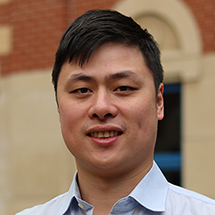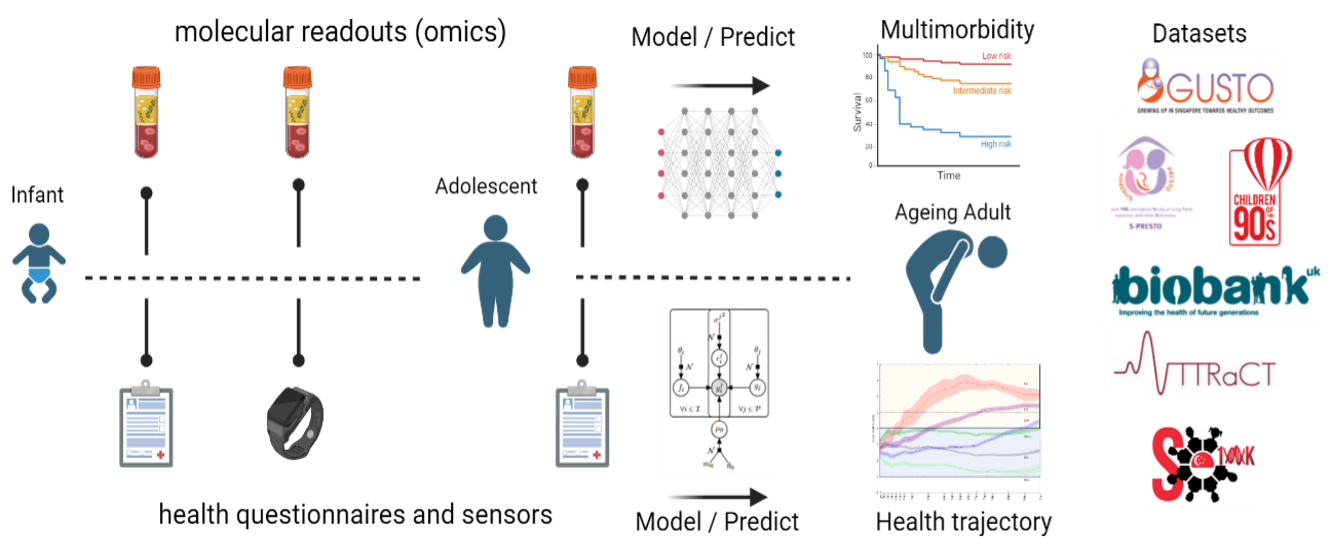Data Science for Population Health

WANG Dennis
 | WANG Dennis Senior Principal Scientist Email: Dennis_Wang@a-star.edu.sg Research Group: Data Science for Population Health |
Dennis Wang is a Senior Principal Scientist at the A*STAR Singapore Institute for Clinical Sciences and Bioinformatics Institute, and also the Academy of Medical Sciences Professor (Chair in Data Science) at Imperial College London. Having worked in both academia and industry, he enjoys mentoring early-career data scientists and clinical researchers wanting to make an impact on human health using data-driven techniques. Prior to the pandemic, he was a researcher at the University of Sheffield, AstraZeneca and Microsoft Research. He obtained his Bachelor of Science in Computer Science and Microbiology from The University of British Columbia, and his MPhil in Computational Biology and PhD in Biostatistics from the University of Cambridge.
Group Member
A*STAR celebrates International Women's Day

From groundbreaking discoveries to cutting-edge research, our researchers are empowering the next generation of female science, technology, engineering and mathematics (STEM) leaders.
Get inspired by our #WomeninSTEM
